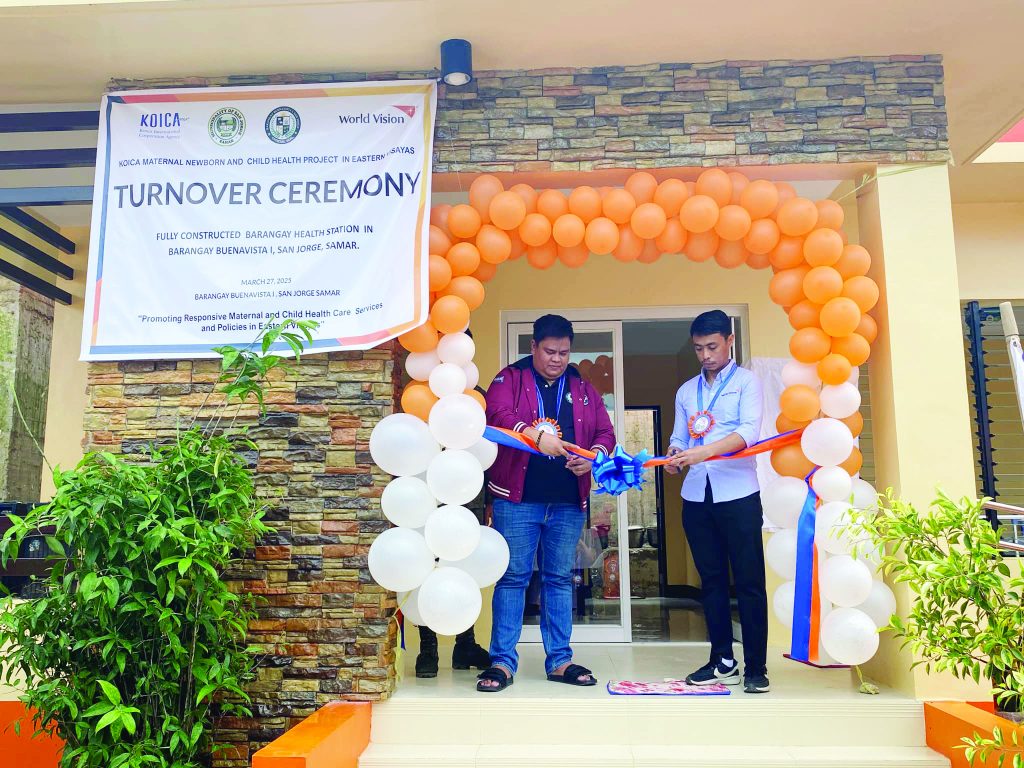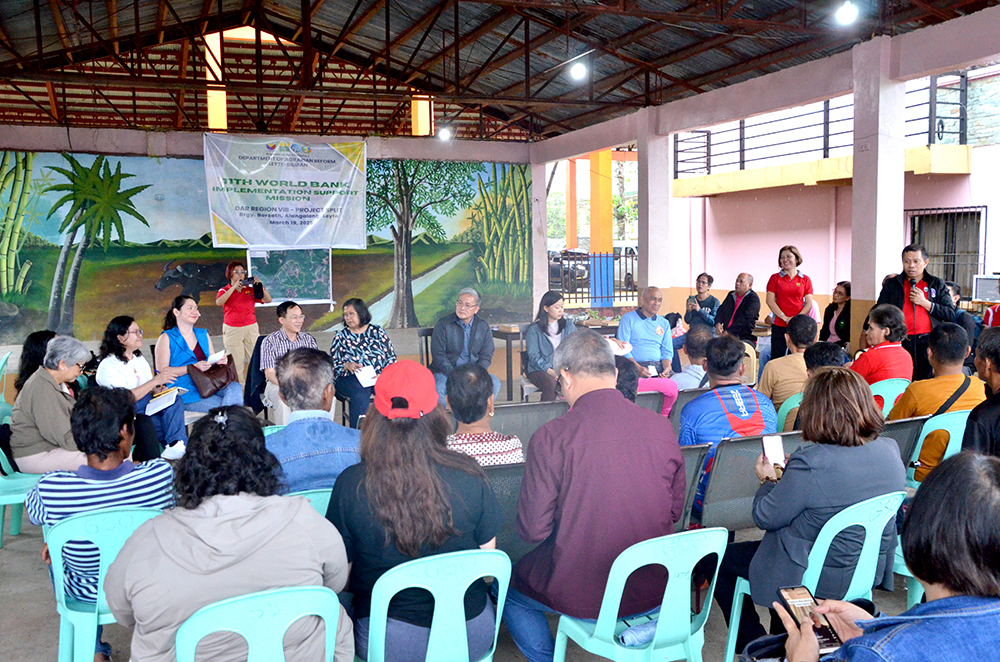Several areas tagged as hot spots

(MacArthur, Leyte LGU)
TACLOBAN CITY – The Commission on Elections (Comelec) in Eastern Visayas has expressed confidence that the upcoming midterm elections in the region will be peaceful and orderly with the support of law enforcement agencies and candidates.
This assurance came from Comelec-8 Regional Legal Officer Ma. Krishna Athena Elardo as the campaign period for local elective posts begin on Friday, March 28.
“Of course, we are confident that we can have peaceful and orderly elections in our region. We are being assisted by both the Army and the Philippine National Police (PNP),” Elardo said in an interview on Wednesday, March 26.
She also called on candidates to refrain from actions that could incite election-related violence and emphasized that peace covenants and unity walks—participated in by candidates, election officials, and security forces—will contribute to ensuring a smooth electoral process.
A total of 2,390 candidates are vying for various elective positions across Eastern Visayas, including 6 governors and 6 vice governors; 12 congressional representatives; 56 provincial board members; 143 city and municipal mayors; 143 city and municipal vice mayors; and 1,152 city and municipal councilors.
Comelec-8 has identified several election hotspots in the region, classifying areas based on the color-coded security system: red category (grave concern): Sta. Margarita, Samar due to its history of intense political rivalry and the presence of armed groups; orange category or immediate concern): 13 areas – these have active armed groups posing potential threats; yellow category or area of concern): 13 areas – these have a history of politically motivated violence.
Meantime, the green category or absence of security concerns): 116 areas – including Tacloban City, Ormoc City, Borongan City, Maasin City, and Catbalogan City.
Baybay City in Leyte, has been placed under the orange category, while Calbayog City, Samar, is classified under yellow.
Among the provinces, Eastern Samar, Biliran, and Southern Leyte are categorized as green or having no major security concerns.
However, security concerns persist in Leyte with five areas of concern, five immediate concern areas; Samar with six areas of concern, and one grave area of concern; and Northern Samar, two areas of concern and eight immediate concern areas.
JOEY A. GABIETA







